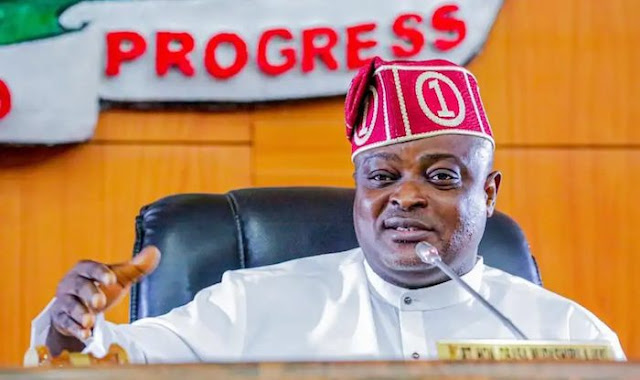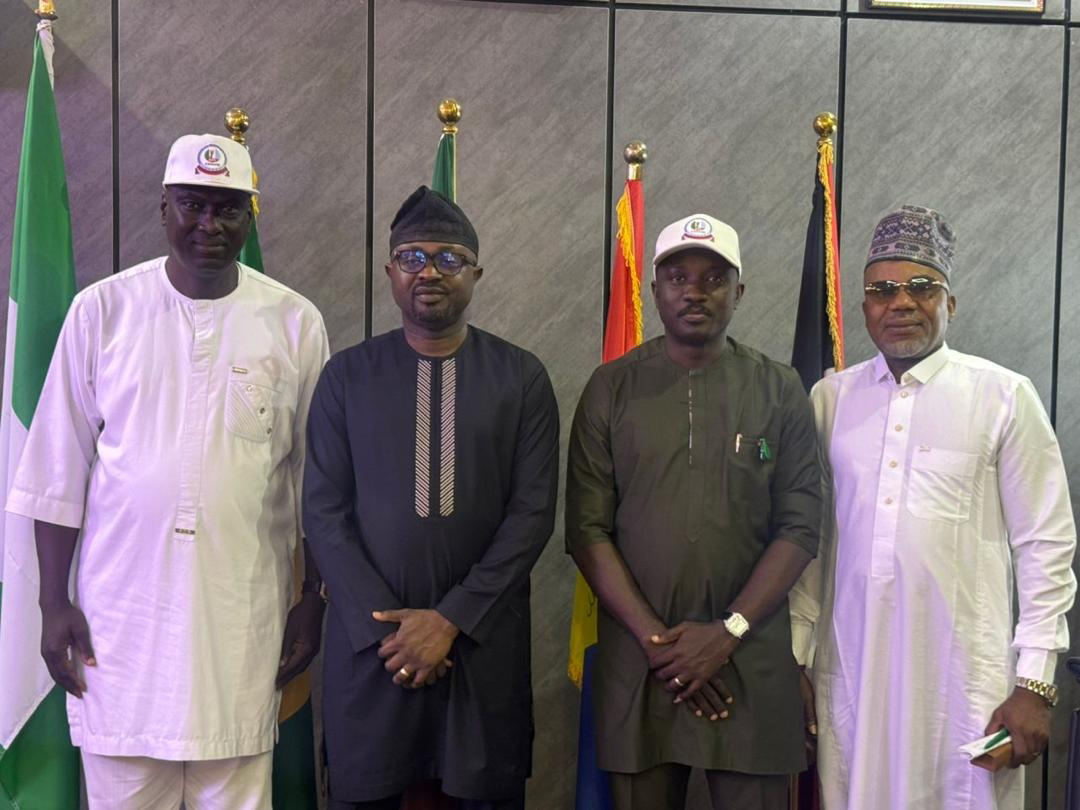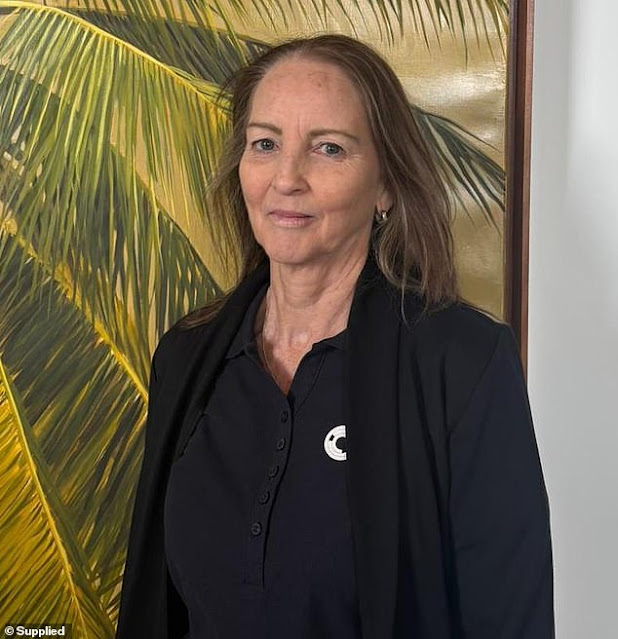In a time of profound socio-economic challenges, Nigeria stands at a critical juncture, grappling with issues that demand innovative, pragmatic, and sustainable solutions. The Renewed Hope Agenda, championed by President Bola Ahmed Tinubu’s administration, has emerged as a beacon of optimism and a strategic framework designed to steer the nation toward recovery, growth, and long-term prosperity. This ambitious blueprint, as articulated by Rt. Hon. Mudashiru Obasa, the Speaker of the Lagos State House of Assembly, represents a comprehensive roadmap to address Nigeria’s multifaceted challenges, ranging from economic instability to infrastructural deficits and social inequalities. In a recent address, Obasa described the agenda as a “strategic blueprint for national recovery,” emphasizing its potential to transform Nigeria’s fortunes if implemented with precision and commitment. This article delves into the essence of the Renewed Hope Agenda, its significance in Nigeria’s current socio-political landscape, and the broader implications for the nation’s future.
Understanding the Renewed Hope Agenda
The Renewed Hope Agenda is the cornerstone of President Tinubu’s policy framework, introduced to tackle Nigeria’s longstanding challenges while fostering hope among its citizens. Launched as a response to the nation’s economic downturn, rising insecurity, and infrastructural decay, the agenda is built on several key pillars: economic revitalization, job creation, infrastructure development, social welfare, and good governance. It seeks to restore public confidence in the government by delivering tangible results that directly impact the lives of ordinary Nigerians.
At its core, the agenda is not merely a collection of promises but a strategic plan designed to address systemic issues that have plagued Nigeria for decades. These include high unemployment rates, inflation, a depreciating naira, and a heavy reliance on oil revenues, which have exposed the economy to global market volatility. By promoting diversification, encouraging private-sector investment, and prioritizing human capital development, the Renewed Hope Agenda aims to create a resilient and inclusive economy capable of withstanding external shocks.
Rt. Hon. Mudashiru Obasa, a prominent figure in Nigerian politics and a key ally of President Tinubu, has been a vocal advocate for the agenda. Speaking at a recent public event in Lagos, Obasa highlighted the transformative potential of the agenda, describing it as a well-thought-out strategy to reposition Nigeria on the path to sustainable development. According to him, the agenda is not a quick-fix solution but a long-term vision that requires collective effort, patience, and trust in the government’s commitment to change. His endorsement underscores the agenda’s alignment with the aspirations of Nigerians who yearn for a better quality of life and a more prosperous nation.
Nigeria’s Socio-Economic Context: The Need for a Strategic Blueprint
To fully appreciate the significance of the Renewed Hope Agenda, it is essential to understand the socio-economic context in which it was introduced. Nigeria, Africa’s most populous nation and largest economy, has faced persistent challenges that have hindered its growth potential. Despite its abundant natural resources and youthful population, the country continues to grapple with poverty, unemployment, and infrastructural deficits.
In recent years, Nigeria’s economy has been battered by a combination of factors, including the global decline in oil prices, the economic fallout from the COVID-19 pandemic, and internal structural weaknesses. Inflation rates have soared, with food prices skyrocketing, making basic necessities unaffordable for many households. The naira’s depreciation against major currencies has further exacerbated the cost-of-living crisis, eroding the purchasing power of ordinary Nigerians. According to the National Bureau of Statistics, Nigeria’s unemployment rate stood at over 33% in 2023, with youth unemployment being particularly acute. These statistics paint a grim picture of a nation in need of urgent intervention.
In addition to economic challenges, Nigeria faces significant security threats, including insurgency in the Northeast, banditry in the Northwest, and separatist agitations in the Southeast. These issues have disrupted economic activities, displaced millions, and strained the nation’s social fabric. Furthermore, the country’s infrastructure, from roads to power supply, remains inadequate, hampering industrial growth and discouraging foreign investment.
It is against this backdrop that the Renewed Hope Agenda was introduced. President Tinubu, who assumed office in May 2023, inherited a nation in distress but also one brimming with potential. His administration has consistently emphasized the need for bold reforms to address these challenges, and the Renewed Hope Agenda serves as the guiding framework for these efforts. By focusing on economic diversification, infrastructure development, and social inclusion, the agenda seeks to create a Nigeria where opportunities abound, and no citizen is left behind.
Key Components of the Renewed Hope Agenda
The Renewed Hope Agenda is a multifaceted plan that addresses various aspects of Nigeria’s development. While the specifics of the agenda are still being rolled out, several key components have been highlighted by government officials, including Rt. Hon. Mudashiru Obasa. These components include:
Economic Diversification and Job Creation
Nigeria’s over-reliance on oil has been a major vulnerability, exposing the economy to fluctuations in global oil prices. The Renewed Hope Agenda prioritizes diversification by investing in sectors such as agriculture, technology, and manufacturing. By creating an enabling environment for small and medium enterprises (SMEs) and supporting entrepreneurship, the agenda aims to generate millions of jobs, particularly for the youth. Initiatives such as the National Youth Investment Fund and the expansion of agricultural value chains are central to this objective.
Infrastructure Development
Infrastructure is the backbone of any thriving economy, and Nigeria’s infrastructural deficits have long been a barrier to progress. The agenda includes plans to rehabilitate roads, expand railway networks, and improve power supply. The Lagos-Calabar Coastal Highway, for instance, is a flagship project aimed at boosting trade and connectivity across Nigeria’s southern states. By prioritizing infrastructure, the administration seeks to enhance economic productivity and attract foreign direct investment.
Social Welfare and Poverty Alleviation
With over 40% of Nigerians living below the poverty line, social welfare is a critical focus of the agenda. The government has introduced measures such as conditional cash transfers, school feeding programs, and healthcare reforms to improve the quality of life for vulnerable populations. These initiatives are designed to provide immediate relief while addressing the root causes of poverty through education and skills acquisition.
Security and Good Governance
No meaningful development can occur in an environment of insecurity. The Renewed Hope Agenda includes strategies to strengthen Nigeria’s security apparatus, improve intelligence gathering, and promote community policing. Additionally, the agenda emphasizes transparency, accountability, and the rule of law as essential components of good governance. By fostering trust between the government and the people, the administration aims to create a conducive environment for progress.
Education and Human Capital Development
Nigeria’s youthful population is one of its greatest assets, but it also presents a challenge if not properly harnessed. The agenda prioritizes education reform, vocational training, and digital literacy to prepare young Nigerians for the demands of the 21st-century economy. Investments in science, technology, engineering, and mathematics (STEM) education are also key to building a knowledge-based economy.
Obasa’s Perspective: A Call for Unity and Patience
Rt. Hon. Mudashiru Obasa’s endorsement of the Renewed Hope Agenda reflects his belief in its potential to transform Nigeria. As the Speaker of the Lagos State House of Assembly, Obasa is no stranger to the challenges of governance. Lagos, often described as Nigeria’s economic hub, has faced its own share of issues, from traffic congestion to urban poverty. However, under the leadership of successive administrations, including those aligned with President Tinubu’s vision, Lagos has made significant strides in infrastructure, education, and economic growth.
In his address, Obasa urged Nigerians to support the Tinubu administration and exercise patience as the reforms take root. He acknowledged that the road to recovery would not be easy, given the depth of Nigeria’s challenges, but emphasized that the Renewed Hope Agenda was a well-crafted plan designed to deliver results. “This is not a time for despair but a time for hope,” Obasa stated. “The Renewed Hope Agenda is a strategic blueprint that, if faithfully implemented, will lead to national recovery and prosperity.”
Obasa also called for unity among Nigerians, stressing that the success of the agenda depends on collective effort. He urged citizens to eschew divisive tendencies and work together to build a stronger nation. His remarks resonate with the broader narrative of the Tinubu administration, which has consistently emphasized the importance of national cohesion in achieving development goals.
Challenges and Criticisms
While the Renewed Hope Agenda has been widely praised, it is not without its challenges and criticisms. One of the primary concerns is the issue of implementation. Nigeria has a history of well-intentioned policies that have failed due to poor execution, corruption, or lack of political will. Critics argue that the success of the agenda will depend on the government’s ability to translate promises into tangible outcomes.
Another challenge is the immediate hardship caused by some of the administration’s reforms, such as the removal of fuel subsidies and the floating of the naira. These policies, while aimed at achieving long-term economic stability, have led to increased living costs, sparking public discontent. The government has acknowledged these difficulties and introduced palliatives, such as subsidized transportation and food distribution, to cushion the impact. However, critics argue that these measures are insufficient to address the scale of the crisis.
Furthermore, there are concerns about the inclusivity of the agenda. Some stakeholders, particularly from marginalized regions, have expressed fears that the benefits of the agenda may be concentrated in urban centers, leaving rural communities behind. To address this, the government must ensure that its policies are equitable and reach all segments of the population.
The Role of Stakeholders in Achieving the Agenda’s Goals
The success of the Renewed Hope Agenda hinges on the active participation of all stakeholders, including government institutions, the private sector, civil society, and ordinary citizens. State governments, such as Lagos under Obasa’s leadership, play a crucial role in complementing federal efforts. Lagos, for instance, has been a pacesetter in implementing innovative policies, from the Bus Rapid Transit (BRT) system to the Eko Atlantic City project. By aligning its developmental goals with the Renewed Hope Agenda, Lagos can serve as a model for other states.
The private sector also has a significant role to play. By investing in key sectors such as agriculture, technology, and renewable energy, businesses can create jobs and drive economic growth. Public-private partnerships (PPPs) are particularly critical in addressing infrastructural deficits, as the government alone cannot bear the financial burden of large-scale projects.
Civil society organizations and the media are equally important in holding the government accountable and ensuring transparency in the implementation of the agenda. By amplifying the voices of ordinary Nigerians and advocating for inclusive policies, these groups can help bridge the gap between the government and the people.
Looking Ahead: The Path to National Recovery
As Nigeria navigates its complex challenges, the Renewed Hope Agenda offers a glimmer of hope. While the road to recovery is fraught with obstacles, the agenda’s comprehensive approach and focus on long-term development provide a solid foundation for progress. The Tinubu administration’s commitment to economic diversification, infrastructure development, and social welfare aligns with the aspirations of millions of Nigerians who seek a better future.
Rt. Hon. Mudashiru Obasa’s endorsement of the agenda underscores its potential to transform Nigeria. His call for unity and patience is a reminder that nation-building is a collective endeavor that requires sacrifice and resilience. As the government rolls out its policies, it must prioritize transparency, accountability, and inclusivity to ensure that the benefits of the agenda are felt by all Nigerians.
In conclusion, the Renewed Hope Agenda is more than a policy document; it is a vision for a new Nigeria. By addressing the root causes of the nation’s challenges and fostering an environment of opportunity and growth, the agenda has the potential to redefine Nigeria’s trajectory. As Nigerians rally behind this strategic blueprint, the dream of a prosperous, united, and resilient nation can become a reality. The journey may be long, but with determination, collaboration, and unwavering hope, Nigeria can rise above its challenges and reclaim its place as a leading light in Africa and beyond.






